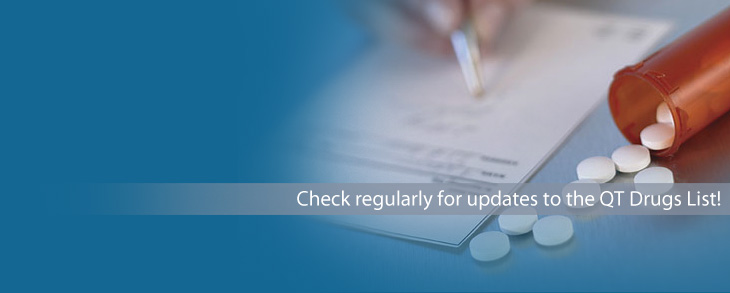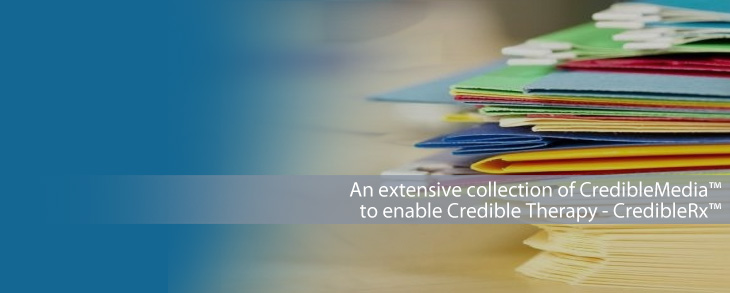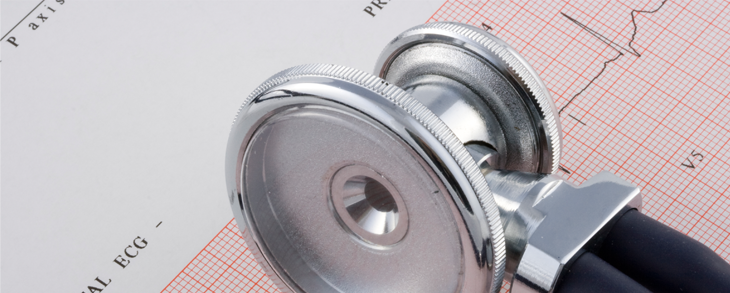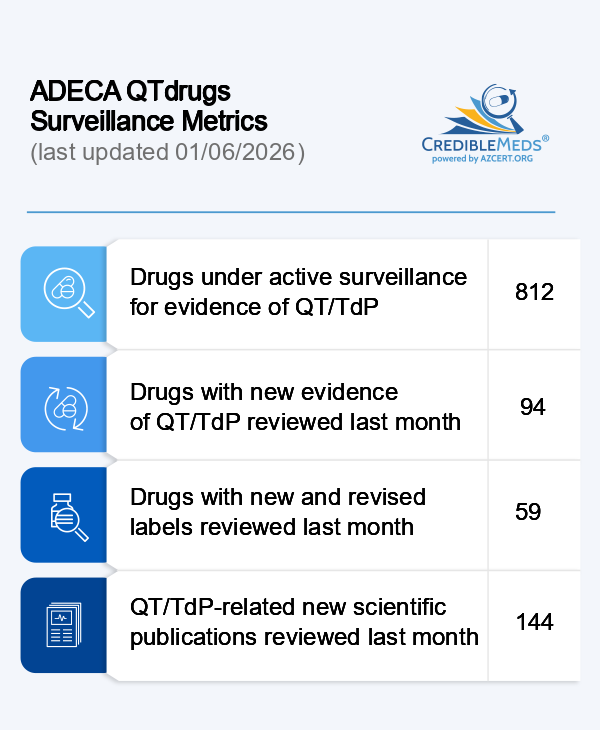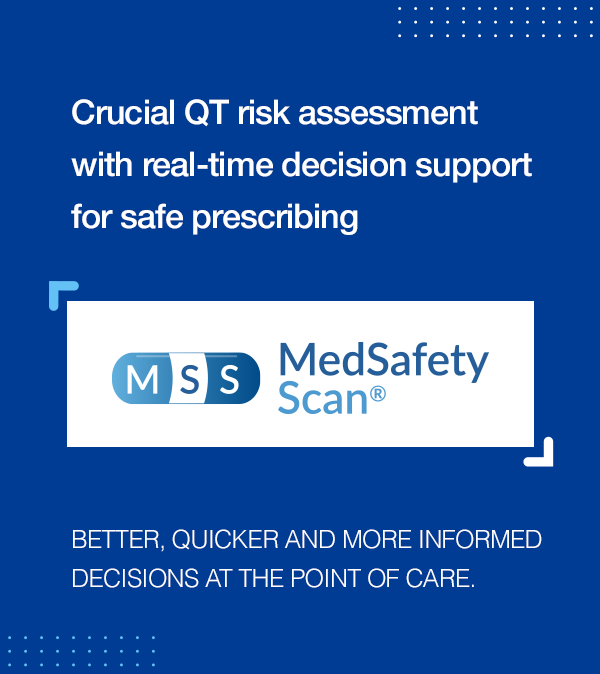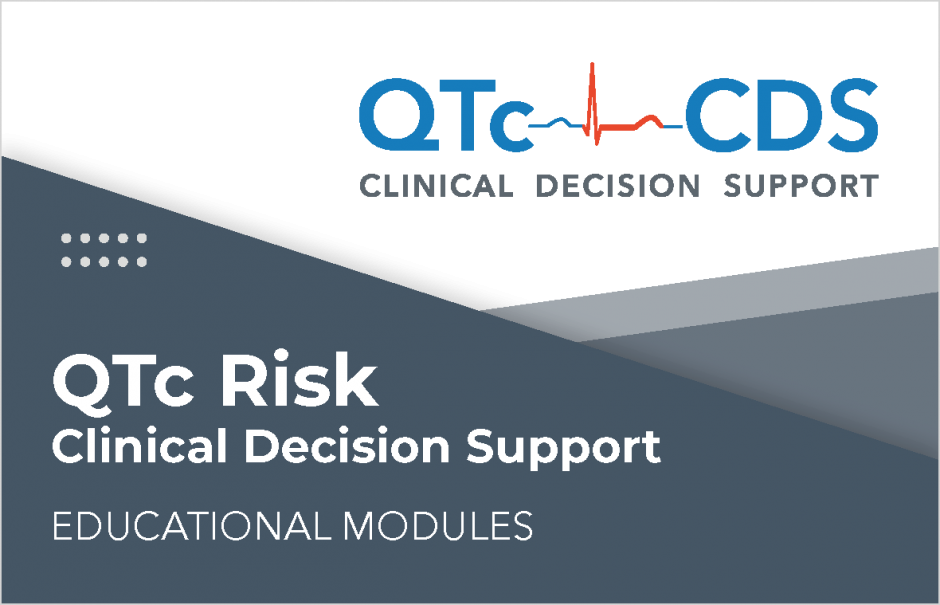Prescription drug prices are skyrocketing alongside rising healthcare costs. There are many hidden costs associated with the marked rise, and many more questions to be answered surrounding this critical issue. This was the topic of conversation during KVOI’s Bill Buckmaster show during Bills monthly “Your Meds” segment in January of 2017. Dr. Ray Woosley, Founder of CredibleMeds and the Critical Path Institute.
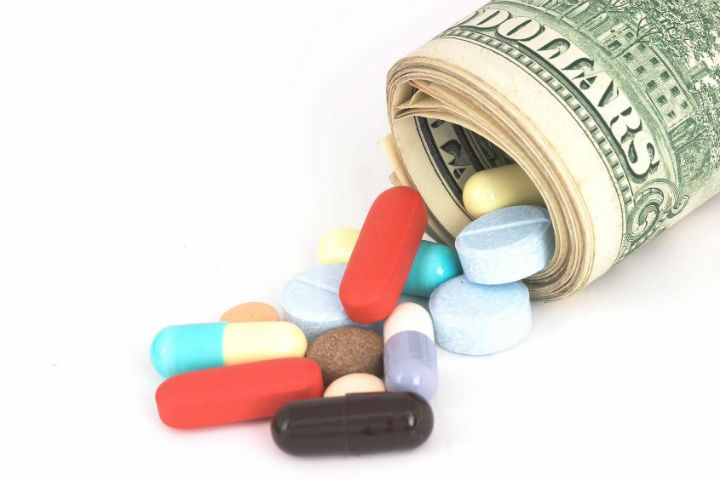
One of the first things to consider when assessing the rising prices for medication is that drug companies don’t usually “discover” drugs, most often they develop them. Lots and lots of money is spent in university research every year to find out what certain drugs “could” do. In fact, the National Institutes of Health (NIH) spends 34 billion dollars every year to do just that! Drug companies then use their expertise to find a chemical that can achieve these therapeutic goals. It is a common misconception that these companies simply discover drugs. Drug development is a long and expensive process and has large rewards but also a very high failure rate. The human body is extremely complex and we vary a great deal as individuals in our response to medicine. A lot of the cost of a new medicine is for the ten that failed to make the market along the way. Is is an amazing occurrence when a safe and effective medicine is found.
Are drug costs high because of the extremely high costs of their development?
Not as much as you might think. The average drug company spends twice as much on marketing as they do on research. You might think that these marketing costs mainly target patients through commercials and such, but the majority of that budget goes toward targeting the doctors who are required to prescribe the new drugs. Over 24 billion dollars are spent a year to market drugs to doctors. Representatives from these drug companies visit practices across the nation to attempt to sway physicians to use their medicine – and they’re very effective at it!
Is it true that more competition lowers drug costs?
Not necessarily. Competition works when the decision maker has to pay the cost. In the case of medicines, prescribing doctors (the decision makers) are choosing medicines but its the patients (or their insurance providers) who are paying for them. In most cases, doctors aren’t aware of the cost of medicines, largely because it’s changing every day and because it is influenced by the patient’s type of insurance.
Are generic drugs cheaper than the more popular brand names?
This used to be the case more than it is today. On average, generic drugs are actually becoming some of the most expensive drugs. One case in particular, a treatment for valley fever, has recently risen over 5,000 percent. Why do drug companies get away with this? Because they can. Medicare/Medicaid is required to pay the drug companies’ stated price and is forbidden by law from negotiating a lower price. Not because there’s a drug shortage, and certainly not because of research costs which were incurred decades ago by the innovator company.
Is Medicare providing a cheap alternative for seniors when it comes to medicines?
In many cases yes. Most seniors can get common prescriptions with a relatively low copay. The real and larger cost of that medicine, however, is being paid by taxpayers.
Make sure to let your doctor know that cost matters to you when discussing your next prescription. It’s important to ask, “Is this medicine really necessary?” especially when dealing with a particularly expensive medication. Even if you have insurance, sometimes insurance companies won’t cover certain products. Also, it may be less expensive to pay out of pocket for some medicines instead of charging your insurance company and paying a larger co-pay. When in doubt, ask questions about the necessity of your medications the next time you talk to your physician. Also ask your pharmacist if there is a less expensive alternative. You should know that most pharmacist are prohibited by contracts from mentioning ways for you to save money, unless you ask first.
Interested readers can listen to this archived broadcast by following the link below. The “Your Meds” segment begins at 46:00.
http://www.buckmastershow.com/shows/2017/1-3-17.mp3


